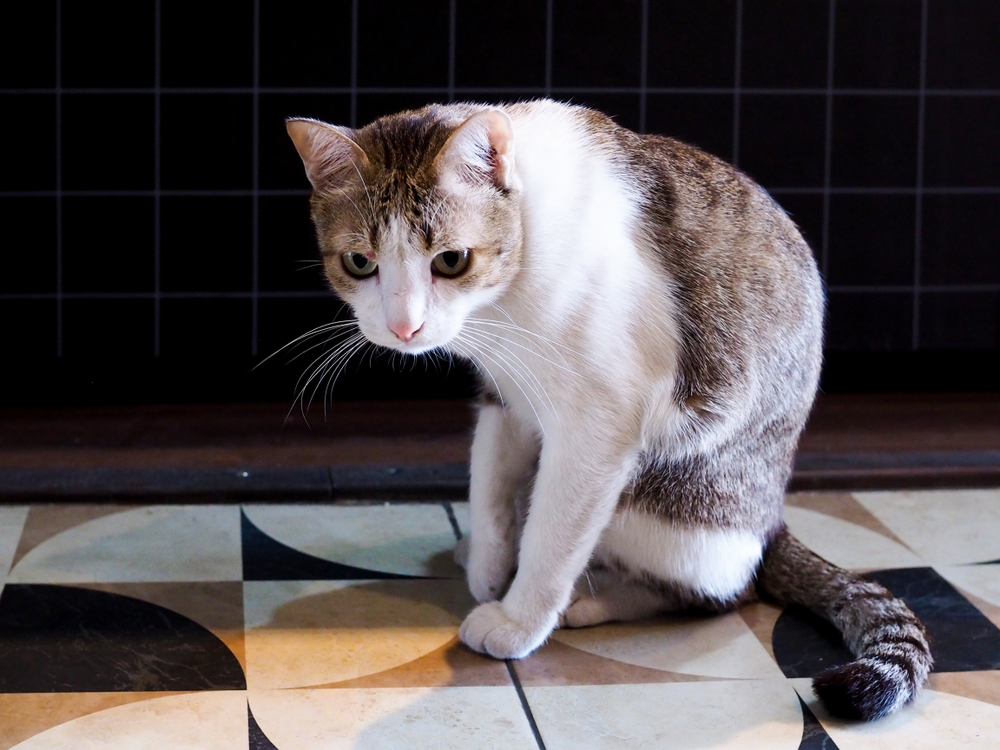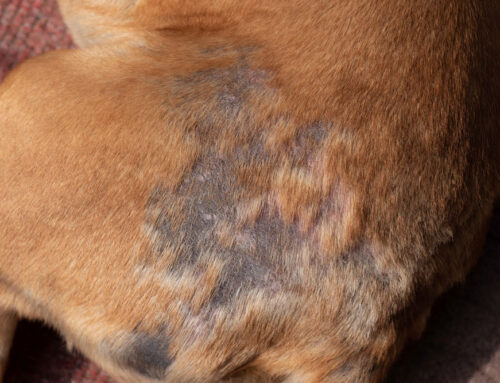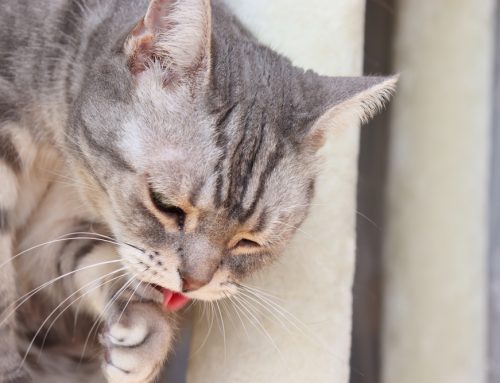The last thing you want for your four-legged friend is pain or illness. Changes in a pet’s physical health can sometimes be subtle, so you need to learn how to recognize these changes such as physical cues, demeanor, or behavior inconsistencies. Understanding these cues can help you intervene early and ensure your pet gets the care they need before their condition becomes serious. Our Tidmore Veterinary Hospital team discusses common pet health signs you should never ignore.
My pet’s eating habits have changed
When a pet is in good health, their daily calorie intake should be fairly consistent. If your pet is eating more, less, or not eating at all, they may have an underlying medical issue. An appetite change can indicate your pet has a health problem such as dental issues, gastrointestinal (GI) disorders, or parasitic infections.
My pet is gaining or losing weight
Significant changes in your pet’s weight, without having modified their diet or exercise, could be a red flag for underlying health issues such as metabolic disorders, dental problems, or kidney disease. Monitor your pet’s body condition and weight regularly to stay on top of unexplained weight loss or gain.
My pet is lethargic and doesn’t want to play
Most healthy pets are always up for a walk or interactive game, so if your pet is disinterested in exercise or sleeps more than usual, they may have underlying medical issues. Reluctance to engage in activities they once enjoyed could signal pain, illness, or discomfort. Watch for changes to your furry friend’s activity level and enthusiasm.
My pet’s bathroom habits have changed
Any alterations in your pet’s urination or defecation habits should be discussed with our Tidmore Veterinary Hospital team. This includes frequency, consistency, color, and stool or urine odor. Diarrhea, constipation, blood in the urine or stool, or difficulty urinating can indicate health problems, including urinary tract infection (UTI), bladder stone, or bowel obstruction.
My pet is having breathing issues
Wheezing, coughing, excessive panting, or labored breathing are pets’ respiratory distress signs that could indicate asthma, allergies, brachycephalic obstructive airway syndrome (BOAS), pneumonia, or heart disease. If your pet is struggling to breathe, they are experiencing an emergency that requires immediate veterinary intervention.
My pet is vomiting or has persistent diarrhea
Occasional vomiting or diarrhea may not be cause for alarm, but frequent episodes or those accompanied by lethargy, bloody vomit or stool, or appetite loss could signal a serious issue such as poisoning, GI disorder, or parasite-borne illness. Always consult our team if your pet is exhibiting any of these signs.
My pet’s skin and coat are dull or oily
A dull, dry, or flaky coat, excessive oiliness, bald patches, itching, redness, or skin swelling can all indicate allergies, parasites, or other systemic health problems. Cats are particularly fastidious self-groomers, so if your whiskered pal’s fur is matted or unkempt, they may have a health problem. Check with our team if your pet’s coat quality has diminished.
My pet is suddenly withdrawn, aggressive, or anxious
Watch for unusual behaviors such as aggression, hiding, or excessive vocalization. These behavior changes could be your pet’s way of communicating discomfort or distress.
My pet is drinking water excessively
Increased thirst or changes in water consumption can be linked to several health issues, including kidney disease, diabetes, or a hormonal imbalance. Of course, if you take your pet out for a run on a warm day, this exertion can contribute to additional water consumption. However, if your furry pal continues to drink water in excess, discuss this issue with us.
My pet is acting as if they are in pain

Pets may show pain signs through limping, isolating, avoiding touch on certain body areas, or vocalizing when touched. These signs should not be ignored and warrant an immediate visit to Tidmore Veterinary Hospital.
Every pet is unique, and what’s normal for one may not be for another. Your intuition also plays a role in recognizing changes in your four-legged friend. If you suspect your pet is unwell or in pain, contact our Tidmore Veterinary Hospital team for an accurate diagnosis and treatment. Your vigilance and proactive care are crucial in keeping your pet healthy and happy for years to come.








Leave A Comment